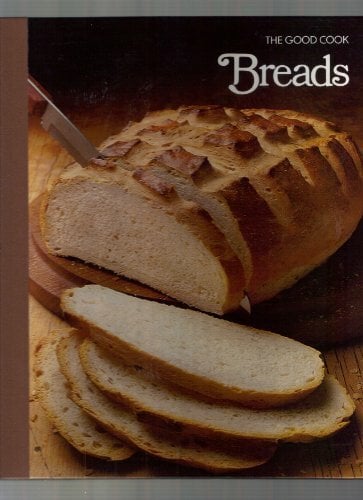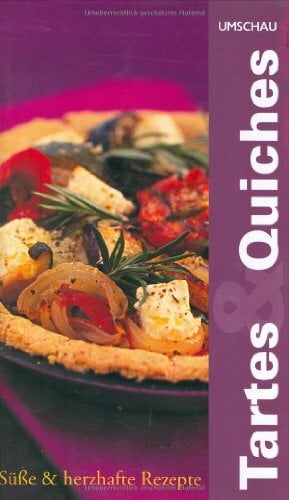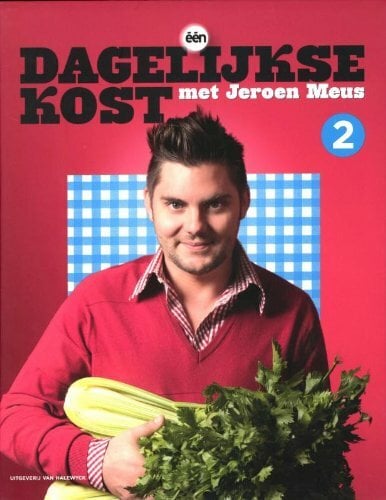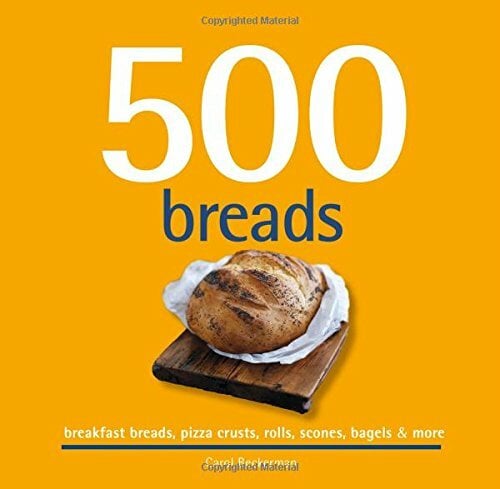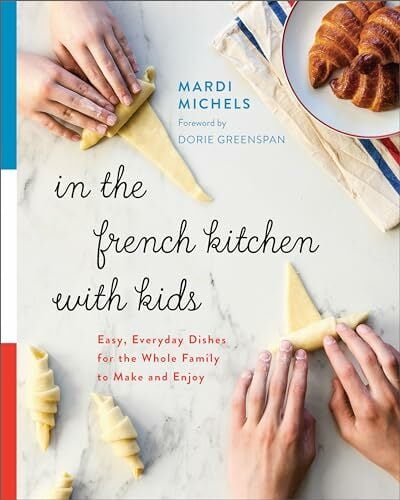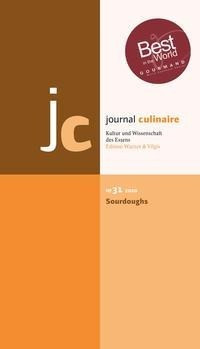
journal culinaire No. 31: Sourdoughs
Kurzinformation
inkl. MwSt. Versandinformationen
Artikel zZt. nicht lieferbar
Artikel zZt. nicht lieferbar

Beschreibung
Editorial Yesterday she cooked a cucumber soup, my hairdresser says. I sit rather absent-mindedly, without glasses, with a face mask and damp hair in front of the big mirror in her salon and am immediately wide awake. Sylvie came to Germany from Poland three decades ago as a teenager with her mother - also a master hairdresser. Every now and then we tell each other about our culinary experiences. Sylvie and especially her relatives in rural Poland are deeply and firmly rooted in regional or better even local cooking traditions. Their own garden and a butcher in the family seem to be serious guarantors of this. From this Polish perspective, Sylvie looks with proper scepticism at what is produced here by the food industry and tries to avoid it as far as possible. I remember a vivid incident with her - by now very old - grandmother: the frail person arrives on the platform in Münster and heaves suitcases out of the train with proper meat and home-canned or preserved food, the weight of which exceeds her own body weight. Grandma doesn't travel any more. So yesterday, cucumber soup. I spontaneously say what pops into my head: pickled cucumbers. More precisely: lactic fermented cucumbers, not pickles. Now Sylvie hesitates for a fraction of a second, as if to first have to remember that pickled cucumbers exist at all. And then says with a smile: "Of course." Later, an almost dreamy expression even flits across her face in memory of pickled cucumbers that have only been fermented for two days, with their extremely fine, delicate aroma and tingling taste. In the course of the shearing, we no longer talk about soup, but about the pickling or lactic fermentation of vegetables (whereby the unbearable sweetness of German pickles caused real indignation). Obviously, I ask whether cereals have also been fermented. It was. Fermented rye meal was used to bind Zurek, a simple soup of potatoes and sausage gravy. In "Zurek", "sour" still resonates for us too. Sylvie casually mentions, as she is handing me the mirror for a final inspection of her work, that this sourdough was also used to bake bread. Not for the first time, I regret my thinning hair and start looking forward to the next appointment. "Baking bread" was the focus of Journal Culinaire No. 15, eight years ago. It continues to find new readers to this day. Numerous enquiries reached the editorial team asking when Journal Culinaire would finally deal with the topic again - knowing full well that we have always been very attentive to fermentation topics. The signs for a sourdough issue grew quickly. We would like to take this opportunity to expressly thank the German Society of Food Technologists DGL. It generously made participation possible (not only) at its sourdough forums in Münster and Minden. The topic took shape in numerous lectures and through personal contact with researchers and bakers alike. My sincere thanks go to Dr. Markus J. Brandt. He was involved from the very first considerations for a sourdough issue and gave important impulses in shaping the content - beyond his own important contributions. Together with my friend, the free baker Arnd Erbel, I was able to confidently search for contributing bakers. I would also like to thank him for his trust and conversation, as well as all the contributors who willingly and enthusiastically shared their knowledge. Journal Culinaire No. 31 "Sourdoughs" is again just a start. There is so much more to report and discuss about sourdoughs; there will certainly be more in the Journal Culinaire in the near future. A personal note to conclude. Just fifteen years ago I met Ursula Hudson, who always took a sourdough with her on her numerous travels. Years earlier, when she was offered a sourdough from a private tradition that was already old at the time, she had quickly understood that it held the potential not only for her own nutritional expertise. I would have liked to have secured her experience with her sourdough for the Journal Culinaire. That did not work out. Ursula died in July 2020 after a long, admirably borne illness. I will sorely miss more than her sourdough narrative in the long run. Keep reading the Journal Culinaire like a vital sourdough: refresh your reading pleasure at the appropriate time. von Wurzer-Berger, Martin
Produktdetails

So garantieren wir Dir zu jeder Zeit Premiumqualität.
Über den Autor

- hardcover
- 160 Seiten
- Erschienen 1999
- Macmillan

- Klappenbroschur
- 304 Seiten
- Erschienen 2019
- Hardie Grant London Ltd.

- Gebunden
- 256 Seiten
- Erschienen 2014
- Chronicle Books

- paperback
- 183 Seiten
- Erschienen 1976
- Nitty Gritty Productions,U.S.

- Gebunden
- 363 Seiten
- Erschienen 2017
- Ebury Press

- hardcover
- 255 Seiten
- Erschienen 2000
- Bassermann Verlag,

- Hardcover
- 192 Seiten
- Erschienen 2014
- Verlag Eugen Ulmer









